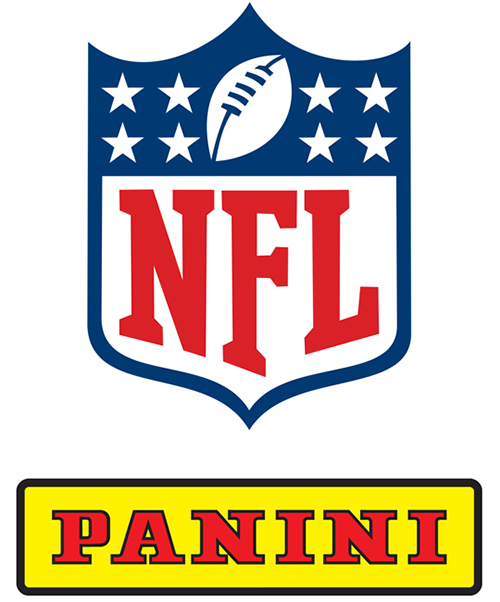Lloyd Howell’s tenure as the executive director of the NFL Players Association (NFLPA) took a rocky turn with a substantial financial blow of $7 million in a trading card deal gone awry. The clash with Panini stemmed from the NFLPA’s move to terminate their exclusive trading card contract, leading to a legal dispute that ultimately cost them millions.
The disagreement surfaced when the NFLPA decided to end its partnership with Panini in the wake of key employees defecting to rival company Fanatics. Citing a “change in control” clause as grounds for contract termination, the NFLPA found itself at odds with Panini, which argued that this decision was a thinly veiled tactic to shift loyalties to their competitor. The arbitrators sided with Panini, affirming that the NFLPA had breached its obligations to Panini, its supporters, collectors, and members.
Panini’s legal counsel, David Boies, expressed satisfaction with the arbitration ruling, emphasizing the financial repercussions of the NFLPA’s actions on both the company and the players. Boies highlighted the lost royalties and damages incurred by the players due to the contract termination. Despite the setback, Panini remained committed to supplying trading cards, prioritizing the interests of fans, collectors, and players.
While Fanatics was not directly involved in the arbitration proceedings, Panini took additional legal action by filing a lawsuit alleging antitrust violations and tortious interference against the rival company. The NFLPA has yet to provide any official statements in response to inquiries regarding the arbitration outcome.
Beyond the monetary impact, this dispute calls into question the NFLPA’s governance and decision-making processes, as well as its responsibilities to its members, fans, and the broader trading card community. The aftermath of this legal battle will likely prompt the NFLPA to reassess its contractual obligations and partnerships to prevent similar conflicts in the future.

